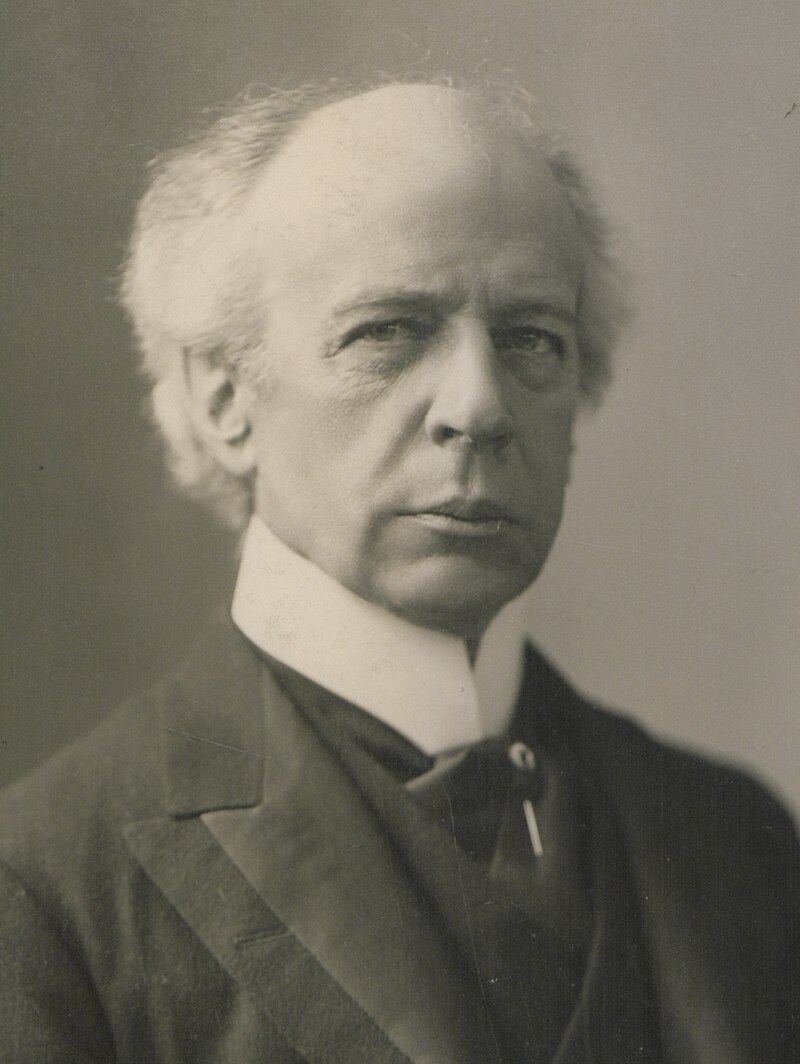
Wilfrid Laurier
Wilfrid Laurier was the seventh Prime Minister of Canada, serving from 1896 to 1911. He was the first French-Canadian to hold the office and is known for his efforts to promote national unity and economic growth during a period of significant immigration and industrialization. Laurier's government implemented policies that encouraged Western expansion and the development of Canada's natural resources, earning him a reputation as a key figure in shaping modern Canada. His leadership style and commitment to bilingualism and multiculturalism remain influential in Canadian politics today.
Born on Nov 20, 1841 (184 years old)
Global Media Ratings
Countries Mentioned
| Country | Mentions | Sentiment | Dominance | + Persistence | x Population | = Reach | x GDP (millions) | = Power |
|---|---|---|---|---|---|---|---|---|
| Canada | 1 | 5.00 | 0.09% | +0% | 38,005,238 | 34,899 | $1,700,000 | 1,561$ |
| Totals | 1 | 38,005,238 | 34,899 | $1,700,000 | 1,561$ |
Interactive World Map
Each country's color is based on "Mentions" from the table above.
Recent Mentions
 Canada:
Wilfrid Laurier is mentioned as a Prime Minister whose legacy Pierre Poilievre claims to uphold.
5
Canada:
Wilfrid Laurier is mentioned as a Prime Minister whose legacy Pierre Poilievre claims to uphold.
5
 Canada:
Stewart would love to try to write the magisterial biography of Wilfrid Laurier.
8
Canada:
Stewart would love to try to write the magisterial biography of Wilfrid Laurier.
8
 Canada:
Wilfrid Laurier as prime minister negotiated a partial free-trade agreement with the United States government.
5
Canada:
Wilfrid Laurier as prime minister negotiated a partial free-trade agreement with the United States government.
5
 Canada:
Wilfrid Laurier had conflicts with Teddy Roosevelt regarding the Alaska boundary.
5
Canada:
Wilfrid Laurier had conflicts with Teddy Roosevelt regarding the Alaska boundary.
5
 Canada:
Wilfrid Laurier rejected the coalition proposal from Robert Borden.
5
Canada:
Wilfrid Laurier rejected the coalition proposal from Robert Borden.
5
 Canada:
Wilfrid Laurier was the leader who blocked Charles Tupper's plan to appoint senators after the election.
5
Canada:
Wilfrid Laurier was the leader who blocked Charles Tupper's plan to appoint senators after the election.
5
 Canada:
The first French-Canadian prime minister held the office from 1896 to 1911.
5
Canada:
The first French-Canadian prime minister held the office from 1896 to 1911.
5